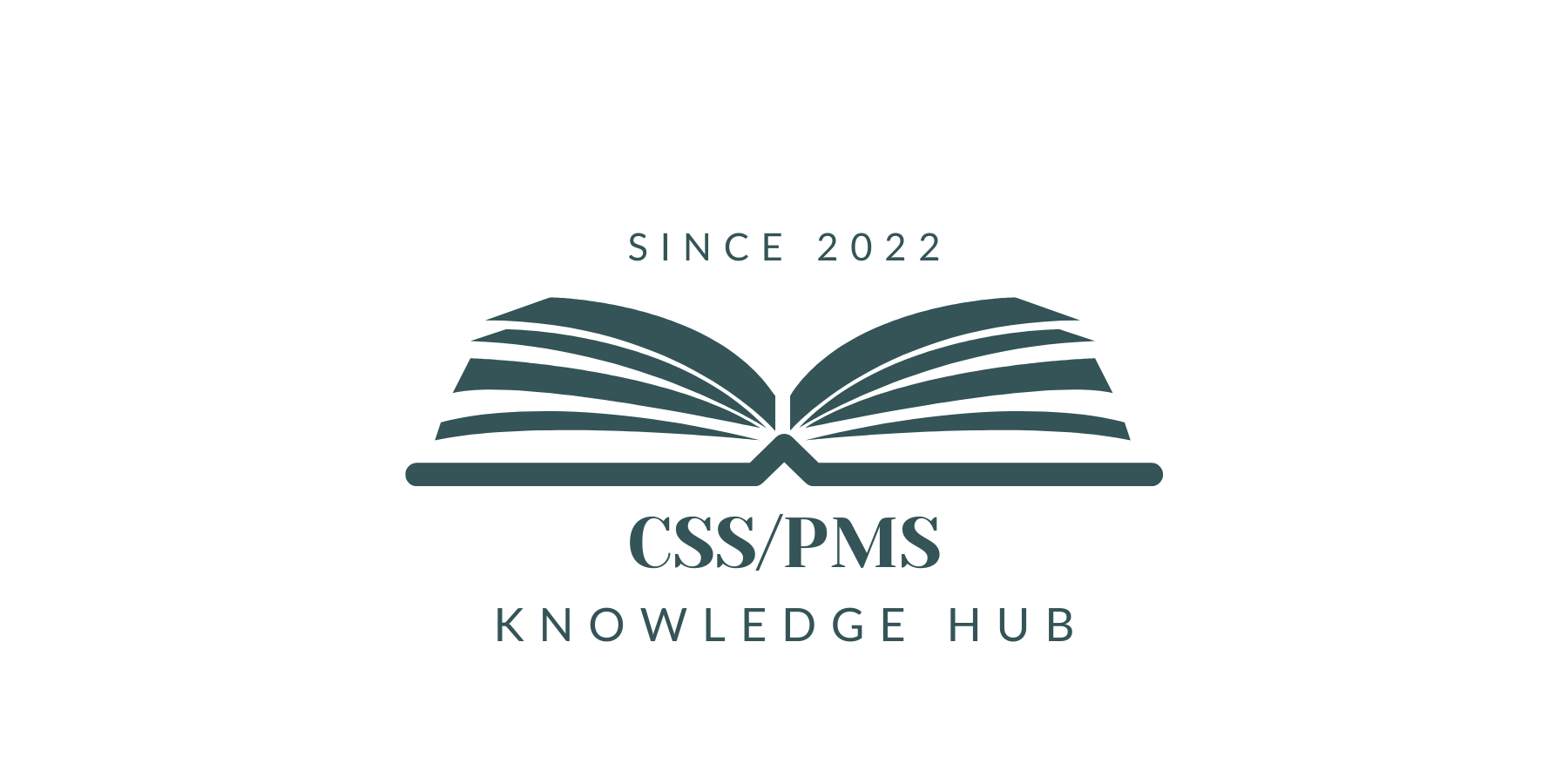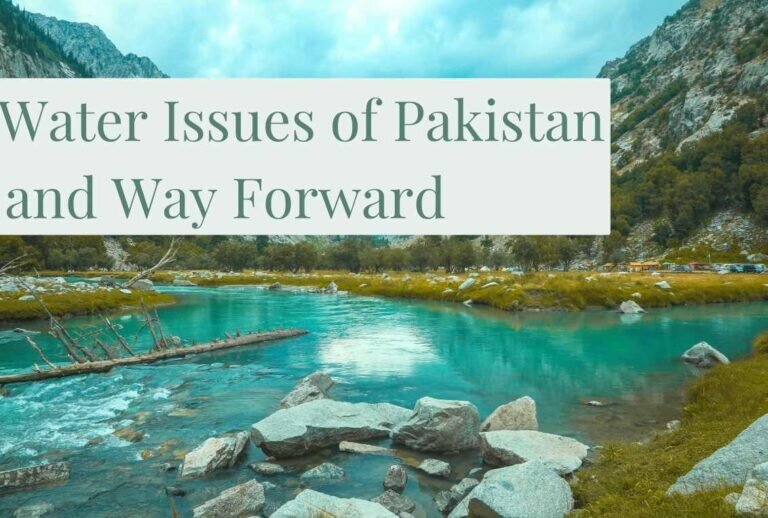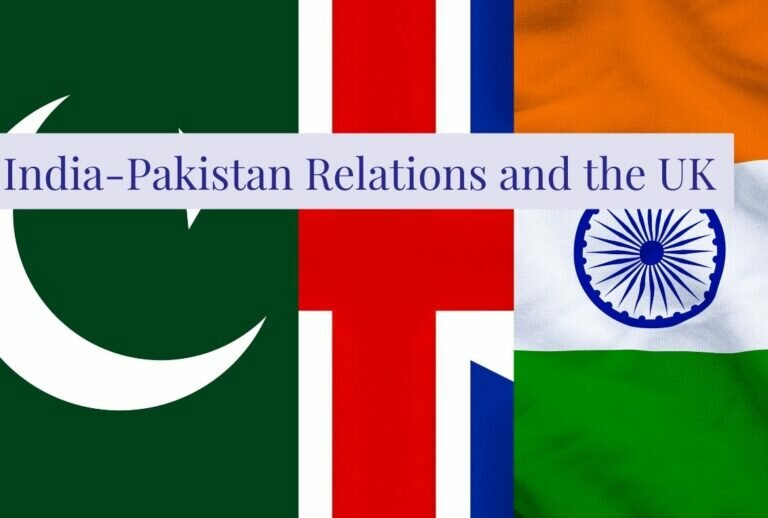Reko Diq Agreement: Its History and Facts
In order to restart operations at the country’s long-stalled gold and copper mining project, Canadian corporation Barrick Gold reached a Reko Diq agreement with the federal government of Pakistan and the provincial government of Balochistan. The agreement, which takes effect on December 16, was reached just days after Pakistan’s Supreme Court ruled that the March 2022 out-of-court settlement between the Pakistani government and the international corporations Barrick Gold and Antofagasta was legitimate. The out-of-court agreement puts an end to the protracted battle over restarting the development of the Reko Diq mine in Balochistan’s Chagai area by waiving the $11 billion penalty imposed on Pakistan by a World Bank arbitration court in 2019 as well as the other liabilities.
Let’s explore this topic thoroughly.
Where is Reko Diq?
Reko Diq is a small town in Chagai district. It is located about 561 km to the northwest of Quetta, the provincial capital of Balochistan near the Iran and Afghanistan borders. Located in deserted areas, it is part of Tethyan. This line goes on to Hungary, Romania, Bulgaria, Greece to Turkey, Iran, Pakistan India, Myanmar, and Papua New Guinea. Reko Diq is included in warm humid regions. In summer, the temperature ranges from 40 to 50 degrees Celsius. While. winter temperature goes to -10 degrees celsius even.
In the local language, Reko Diq means a sandy hill. In 1978, a geological survey of Pakistan discovered gold and copper reserves. Moreover, they discovered that this small area could be the source of changing the fate of Pakistan. Because they estimated that it had 5th largest reserves of copper and gold.
Also Read: Causes of the Balochistan Crisis
How much Gold & Copper?
According to an estimation, Reko Diq has reserves of 1656 million tons of gold and 1352 million tons of copper. You must be thinking if there is such a huge amount of minerals then why Pakistan is still an underdeveloped country? So, I must tell you that this task is not that easy. In order to separate gold from copper, sand, gravel, and other metals is difficult and one of the most expensive tasks. Moreover, 1656 million tons of gold is not pure gold completely. It also includes copper, gravel, and stones.

Methos of Extracting Gold from Mines
Placer Mining:
To extract gold, materials obtained from mines are passed through a machine called placer mining.
Hard-Rock mining or By-Product Mining:
In this mining process, rocks are broken down and gold is extracted through tunnels. In this process, gold has a secondary position i.e. it is obtained as a by-product. The main objective of this kind of mining is to extract iron, copper, or other minerals. You must be thinking are gold and copper always found together? So, the answer is Yes. It means here gold and copper would be found together and gold would be a by-product.
Gold can never be prepared through any artificial method or chemical process. Moreover, gold and copper reserves are not only in the Reko Diq region but spread throughout the Chagai district.
A Chinese company is working on the Saindak project in Balochistan. 7.25 tons of gold and copper annually are being removed from Saindak. From 2002 to 2017, Pakistan extracted copper and gold worth 2 billion dollars.
Also read: India-China Relations: the Border Dispute
Estimations of Tethyan Copper Company (TCC)
TCC estimated the value of minerals to be at least 260 million dollars. But unfortunately, since the discovery of gold and copper here, neither one ton of gold nor one ton of copper has been extracted. In 2010, TCC presented a report to the Pakistani government. This report stated that it had 2.2 billion tons of mineral deposits.
For 56 consecutive years, 2 lac tons of pure copper and about 8 tons of pure gold can be extracted annually from Reko Diq. That is, there may be 12 million copper and 448 tons of gold. TCC expertise published in 2008 by the society of Geologists, the reserves of gold and copper found in Reko Diq are of the highest quality. And here there are 18 million tons of copper and 1000 tons of gold. Contrary to this, the TCC website presents 6.8 million tons less copper and 552 tons less gold. However, if we accept the truth of the second statistic, then experts believe that Reko Diq is the 10th largest copper and gold mine.
Previous Agreements
In 1978, once these reserves were discovered, for the next 15 years, a game of research started. In 1993, the Balochistan government signed an agreement with the Australian Company Broken Hills proprietary Minerals (BHPM). This agreement was named the Chagai Hills Exploration Joint Venture Agreement (CHEJVA). It was decided that Balochistan’s share is 25% and the Australian company’s share is 75%. A 2% royalty was also given to the Balochistan government.
In this agreement, it was also decided that the mining license would also be given to the same company with which they had an agreement. However, the Australian company started trading here before starting work. Moreover, BHPM has agreed to merge with the Indonesian company Billiton. This company obtained d10 mining licenses in an area of 1,000 km2 in 1996.
In these 7 years, the plan did not work at all. The company changed the ownership of the shares. New company BHP Bulletin transferred its 75% shares to its sister company Mincor resources, which later registered as Tethyan Copper Company.
It came out later that TCC is not a single company but a joint venture of Chilean company Antofagasta PLC and Canadian company Barrick Gold corporations. it means both companies are part of 50, 50 % shares. It means that the project which started from an Australian company BHPM reached Pakistan’s TCC. However, sadly no practical work could be done.
Also read: Ojhri Camp Disaster 1988 Rawalpindi
Why Couldn’t Gold and Copper be Extracted?
Companies that made agreements couldn’t do anything till 2006. They were continuously facilitated by changing agreements. Pakistan’s government showed great generosity first in 2000, then in 2002, and finally in 2006 made concessions in the agreement. The mining area was increased from 1,000 km2 to 13,000 km2. After convincing everything, TCC started working in 2007. And presented its first report to the Balochistan government in 2008.
First report details
TCC reported that Reko Diq had 2.2 billion tons of mineral deposits, of which there were 11.6 million tons of copper and 660 tons of gold. During this time, it came to the surface that TCC didn’t plan of refining metals in Pakistan. Rather, they wanted to do it outside Pakistan so that Pakistan wouldn’t know how much they extracted.
Pakistan didn’t allow TCC to do this due to which this company got angry.
Where did things go Wrong?
In 2011, when the TCC submitted an application for a mining lease under an amended agreement, the licensing authority of the Balochistan government rejected the application for violating the rules, and the matter was further aggravated. TCC appealed to Balochistan against the rejected decision. Balochistan’s agreement with TCC was challenged in the High Court and High Court gave relief to TCC.
After this, this matter came up in the Supreme Court. Here, a three-member bench considered the agreement null and void. They stated that granting concessions to BHP was against the law. And, then governor of Balochistan at that time had no right to approve the government. This agreement is a complete violation of the country’s minerals and property laws.
After the failure in Pakistan, TCC referred this matter to International Arbitration Tribunal which imposed a 6 billion dollar fine on July 12, 2019. On which TCC, in a court of the United Nations, requested to freeze share of Pakistani Hotel Roosevelt in the British Virgin Islands, Paris Scribe Hotel, and three companies of PIA. And that application was accepted.
Pakistan challenged this decision and the British Virgin Islands court granted Pakistan’s request approved and declared the first decision null and void.
According to information provided by the Balochistan Minerals Department, govt has spent a total of over 5 billion and 34 crore rupees in the legal dispute. After the acceptance of TCC on various international forums, Pakistan took up the matter and decided to settle it out of court and started conversations with TCC.
Also Read: General Science and Ability Topics
Latest News
According to the latest news, Pakistan made an agreement with the Canadian corporation Barrick Gold. This agreement took place with the federal government of Pakistan and the provincial government of Balochistan. It is hoped that in near future, now this project will extract a large amount of gold and copper which will be a ray of hope for Balochistan.







